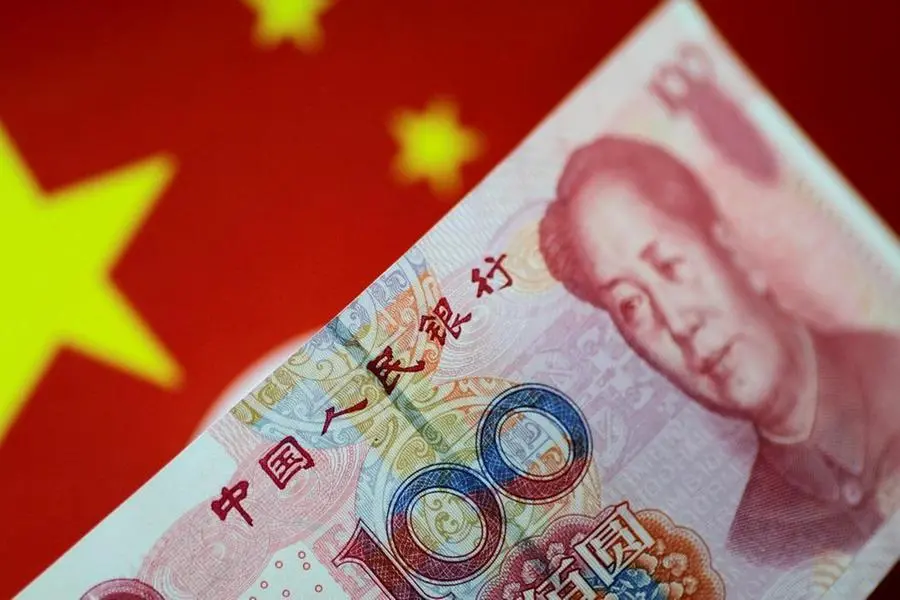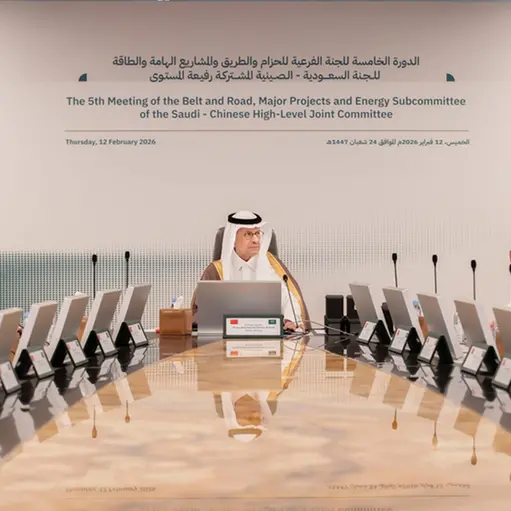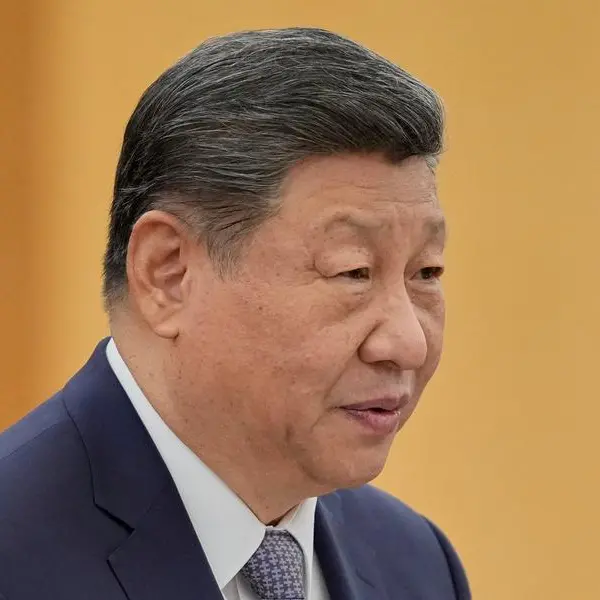PHOTO
Emerging markets will become more attractive destinations for Chinese overseas investment in the new economic and geopolitical landscape, the Economist Intelligence Unit (EIU) said in a new latest report.
Singapore tops the ranking as the most attractive destination for Chinese investors, given that its appeal lies in its status as an established global business hub, its cultural ties to China and its neutrality in the tensions between China and the West, the whitepaper, titled, ‘China Going Global Investment Index 2023—The Belt and Road Initiative’s Second Decade,’ said.
South-east and South Asia have climbed steadily in EIU’s China Going Global Investment Index ranking since 2013, reflecting the region’s robust growth outlook, growing middle class, abundant strategic natural resources and relative openness towards Chinese investors.
The attractiveness of Indonesia (ranked second) stems from its nickel reserves, abundant cheap labour and vast market size. Malaysia (third) and Thailand (fifth) are enticing due to their relatively established infrastructure and complementary supply chains.
However, Hong Kong - a special administrative region of China and another business hub in Asia - is ranked fourth.
The appeal of India (11th), which theoretically offers significant opportunities, is hampered by strained bilateral relations, the report said.
The rising ranking of many emerging markets can be attributed to their strong ties with China, natural resources, market size and/or their pivotal role in the global supply chain.
China’s import diversification strategy dictates that it will not rely on a single market for commodity supply, and a wide range of well-endowed countries are therefore present, from Latin American countries such as Chile (10th) to Middle Eastern markets such as Qatar (16th).
Mexico (22nd) is notable for supply-chain opportunities tied to market access in North America. However, its geographical distance and less friendly bilateral relations, especially in comparison with Asian economies, have prevented a further rise in the ranking. Conversely, Turkey (72nd) has lost its allure for Chinese investors because of an unpredictable foreign and economic policy landscape.
The rankings for Russia (15th) and Iran (43rd) have declined or stayed low as Chinese investors seek to avoid the potential for secondary sanctions. Despite this, Russia remains in the top 20 because of its resource endowment and market size, particularly with the withdrawal of Western companies leaving market gaps in sanctions-free sectors.
Central and Eastern European countries like Poland (61st) have become less receptive to Chinese investment, especially after Russia’s invasion of Ukraine reignited concerns over European security. Many Central Asian countries rank lower than other emerging markets, given their less open markets and political volatility.
Chim Lee, China analyst at EIU, said: “We forecast China to regain its position as the second-largest source of overseas direct investment (ODI) by 2024. The flow of ODI is set to grow further in the coming decade, after enthusiasm waned briefly in recent years.”
The Index ranks 80 investment destinations based on their appeal to Chinese investors, using around 200 indicators.
(Writing by P Deol; Editing by Anoop Menon)
Subscribe to our Projects' PULSE newsletter that brings you trustworthy news, updates and insights on project activities, developments, and partnerships across sectors in the Middle East and Africa.





















